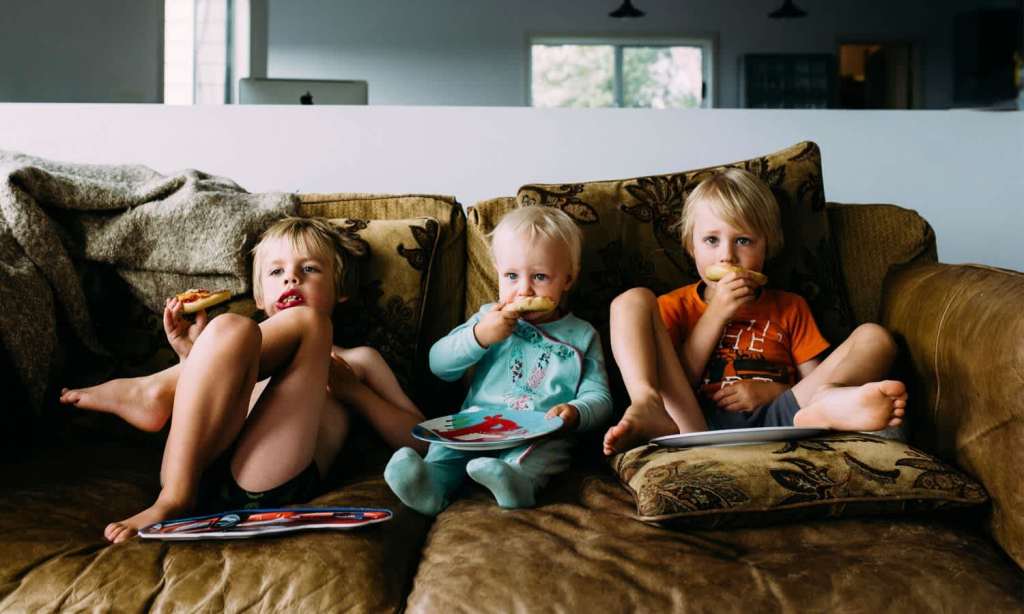Much like adults, children can also turn to food for emotional comfort. With all of the recent upheaval, it makes sense that kids might seem more hungry than pre-coronavirus isolation.
Stress and boredom are two of the most common reasons behind emotional eating in kids, according to a recent article in The New York Times. It’s fair to say that those are two feelings experienced by many children over the last few months.
According to Dr. Julie Lumeng, a professor of pediatrics at the University of Michigan who studies children’s eating behaviour, more research is needed in this area but emotional eating in little ones seems to stem from parents.
“Emotional eating in childhood seems to be due to the environment, to parental modelling,” Dr. Lumeng told The New York Times. “Do kids eat in response to stress? Some kids do.”
When it comes to this behaviour, it’s important to pinpoint what is triggering emotional eating in order to treat it.
“When we do think they’re eating more because of the pandemic, is it because they’re emotionally distraught, or anxiety, depression — or that they’re bored?” said Dr. Lumeng.
“If you think your child is emotionally overeating, you would like to help the child manage their emotions better, help children understand this pandemic, manage their fear, manage their anger over what they’ve lost.”
Children are sponges and they soak up much of what is happening around them — including how their parents react to certain situations and how parents use eating and exercise in stressful moments.
“Another thing to model is that there is not necessarily a perfect way to deal with this,” Dr. Stephanie Manasse, a clinical researcher who specialises in eating disorders and obesity, told The New York Times.
Instead, model clear communication to your kids and encourage them to talk about how they’re feeling and let them know “it’s OK to have anxiety, it’s OK to be stressed out, to have all these different feelings, but they don’t have to determine my behaviour,” said Dr. Manasse.
When it comes to young children and emotional eating, Dr. Lumeng suggests using routine to curb this. Much like daycare and school, schedule meals and snacks at the same time every day. Otherwise, modelling a healthy example for your kids when it comes to your own food consumption is also helpful.
At the end of the day, this period of time has been a rollercoaster for everyone. While students are back at school in many Australian states and territories, the next few months are still uncertain, which is evidenced by the school closures in New South Wales this week following a COVID-19 outbreak.
As we’re all adjusting to the new normal, don’t be too hard on yourself, says Dr. Lumeng.
“With all the things that have been disrupted in a child’s life, give them their milk, their mac and cheese,” Dr. Lumeng told The New York Times. “Maybe right now is not the time to get them to expand their dietary repertoire to eat brussels sprouts.”
If you’re worried about your child’s eating habits, make an appointment in person or via TeleHealth with your GP to discuss the situation and they will be able to advise you on next steps.







